At the press conference to inform about 5 Laws in the field of science and technology, innovation and digital transformation organized by the Ministry of Science and Technology on the afternoon of July 7, Mr. Ha Minh Hiep - Chairman of the National Committee for Standards, Metrology and Quality shared about the new contents of the Law amending and supplementing the Law on Technical Standards and Regulations and the Law amending and supplementing a number of articles of the Law on Product and Goods Quality.
Previously, on June 14, 2025, the 9th session of the National Assembly voted to pass the Law amending and supplementing a number of articles of the Law on Technical Standards and Regulations. Also on the afternoon of June 18, 2025, the National Assembly passed the Law amending and supplementing a number of articles of the Law on Product and Goods Quality.
The adoption of these amended and supplemented Laws aims to promptly institutionalize the Party's major policies in Resolutions No. 57, 59, 66 and 68, meeting the requirements of socio -economic development in the context of deep integration and national digital transformation. This can be considered a breakthrough in quality management towards modernity, transparency and digitalization.
Strengthening the management of product and goods quality in the online environment
Mr. Ha Minh Hiep - Chairman of the National Committee for Standards, Metrology and Quality said that this amended and supplemented Law has comprehensively innovated the method of managing product and goods quality according to 9 major orientations.
Mr. Hiep said that an important highlight is that the new Law has strengthened the management of product and goods quality in the online environment while clearly defining the responsibilities of e-commerce platforms and sellers in compliance. The revised Law also strengthens sanctions for violations in a stronger deterrent direction, adding criminalization, license revocation and publicizing violations on the national digital platform.
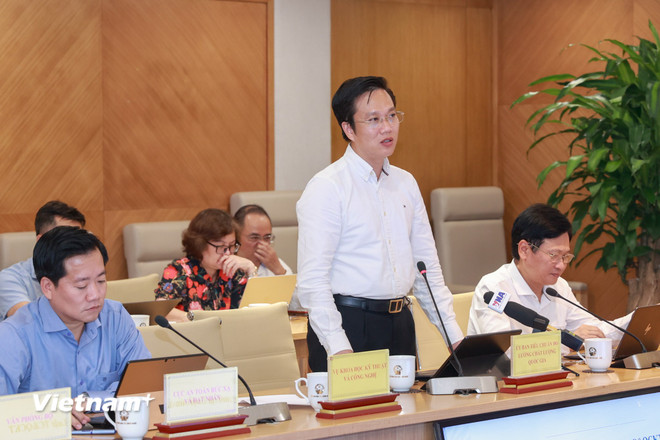
Next, the Law also allows the application of digital technology, artificial intelligence (AI) and big data in supply chain management, traceability, digital passports, electronic labels to the feedback and monitoring system. Build a national product and goods quality monitoring system. Connect inter-sectoral data to monitor, give early warning and timely prevent poor quality goods.
The law shifts from administrative grouping to risk-based management, prioritizing monitoring and post-inspection instead of pre-inspection to increase efficiency and reduce administrative intervention. Accordingly: High-risk products must declare conformity to a third party; Medium-risk products must be self-declared by the enterprise; Low-risk products only need to declare standard information. The regulation eases conformity assessment procedures and allows self-declaration of conformity for subsequent imports of medium-risk products of the same type and label.
For the first time, the NQI (Standards, Metrology, Certification, Accreditation, Surveillance Ecosystem) is legalized, becoming a platform for quality, integration and effective management.
The amended law also adds support for testing, certification and conformity assessment costs for products under the State program, creating conditions for small and medium-sized enterprises to improve quality.
These changes demonstrate Vietnam's efforts to modernize and improve the efficiency of quality management, standards and technical regulations, creating a more favorable environment for businesses and ensuring consumer rights.
First clear statement on technical standards and regulations
The Law amending and supplementing the Law on Technical Standards and Regulations, effective from January 1, 20262, brings many important changes to improve and modernize the quality management system.
For the first time, the Law makes a clear declaration on technical standards and regulations. According to Article 6, this is a fundamental management tool, covering all socio-economic areas, ensuring safety, quality, promoting innovation and improving the quality of life. According to Mr. Ha Minh Hiep - Chairman of the National Committee for Standards, Metrology and Quality, this declaration is considered a "compass" for standardization activities.
The law also stipulates the establishment of a National Database on standards, measurements and quality. This is to promote post-auditing, reduce procedures and compliance costs, different from the previous practice of only publishing an annual list of standards.
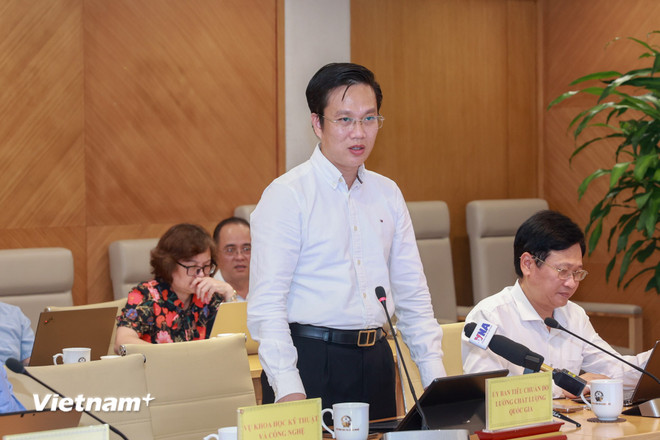
For the first time, the Law stipulates the principle that an object is only subject to the regulation of one unified national technical regulation. This helps eliminate duplication and improve management efficiency.
The national standards strategy was first codified in law, becoming a long-term planning tool for developing a modern and internationally harmonized standards system. Previously, this was limited to the development of annual standards plans.
The process of developing standards and technical regulations has also been comprehensively reformed, towards shortening the time, making it more transparent and expanding the participation of associations. The time to develop national standards has been shortened from 18 to 24 months.
The conformity declaration mechanism has also been innovated in a simplified direction, implemented online through the Database and exempted from declaration for products that have met specialized laws.
The Law also adds provisions on unilateral recognition of foreign conformity assessment results. This helps to remove obstacles in new areas that are still limited domestically, unlike before when the Ministry of Science and Technology only presided over the recognition of bilateral and multilateral Mutual Recognition Agreements (MRAs). A bilateral MRA is an agreement between two countries or regions in which the parties agree to mutually recognize each other's inspection, certification, or quality standards. A multilateral MRA is an agreement similar to a bilateral MRA, but signed between more than two countries or regions.
This is also the first time that support for small and medium enterprises to access national and international standards information has been legalized to develop production and expand exports.
Finally, the Law also expands the right to develop and apply standards for businesses and associations. Previously, basic standards of associations and professions were not certified./.
Source: https://www.vietnamplus.vn/co-gi-moi-tu-hai-luat-sua-doi-bo-sung-ve-tieu-chuan-va-chat-luong-san-pham-post1048399.vnp



![[Photo] Images of the State-level preliminary rehearsal of the military parade at Ba Dinh Square](https://vphoto.vietnam.vn/thumb/1200x675/vietnam/resource/IMAGE/2025/8/27/807e4479c81f408ca16b916ba381b667)
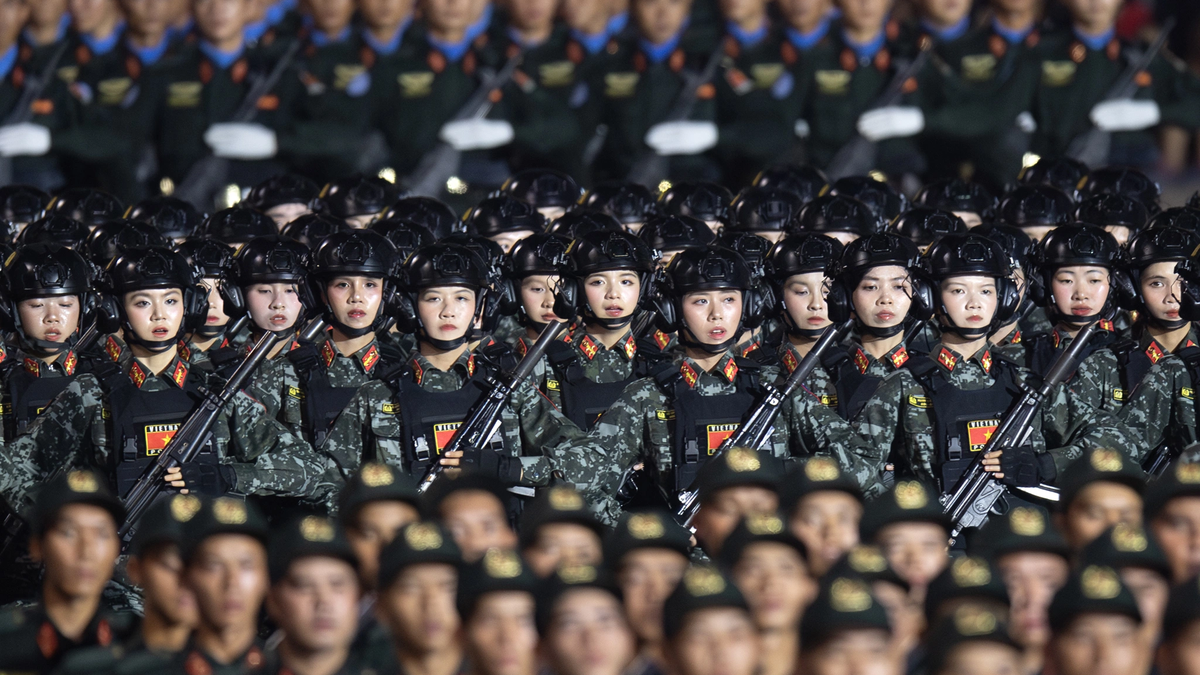

![[Photo] National Assembly Chairman Tran Thanh Man holds talks with New Zealand Parliament Chairman](https://vphoto.vietnam.vn/thumb/1200x675/vietnam/resource/IMAGE/2025/8/28/c90fcbe09a1d4a028b7623ae366b741d)








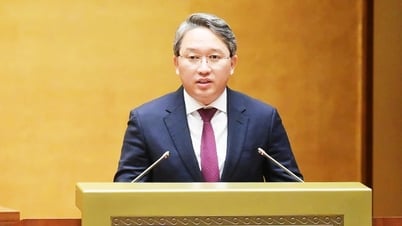















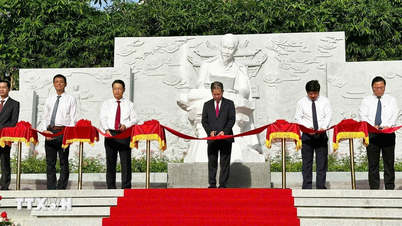











































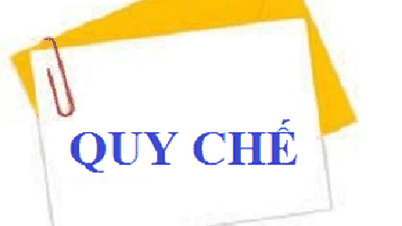



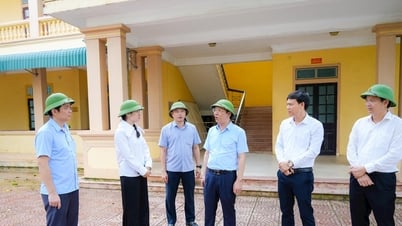



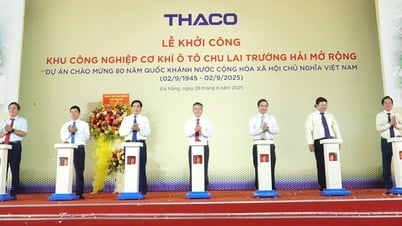
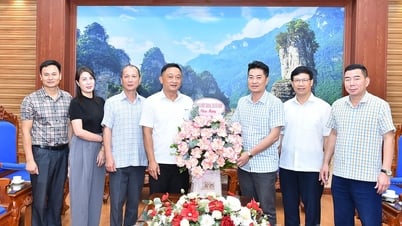

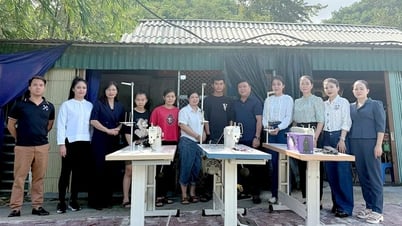













Comment (0)